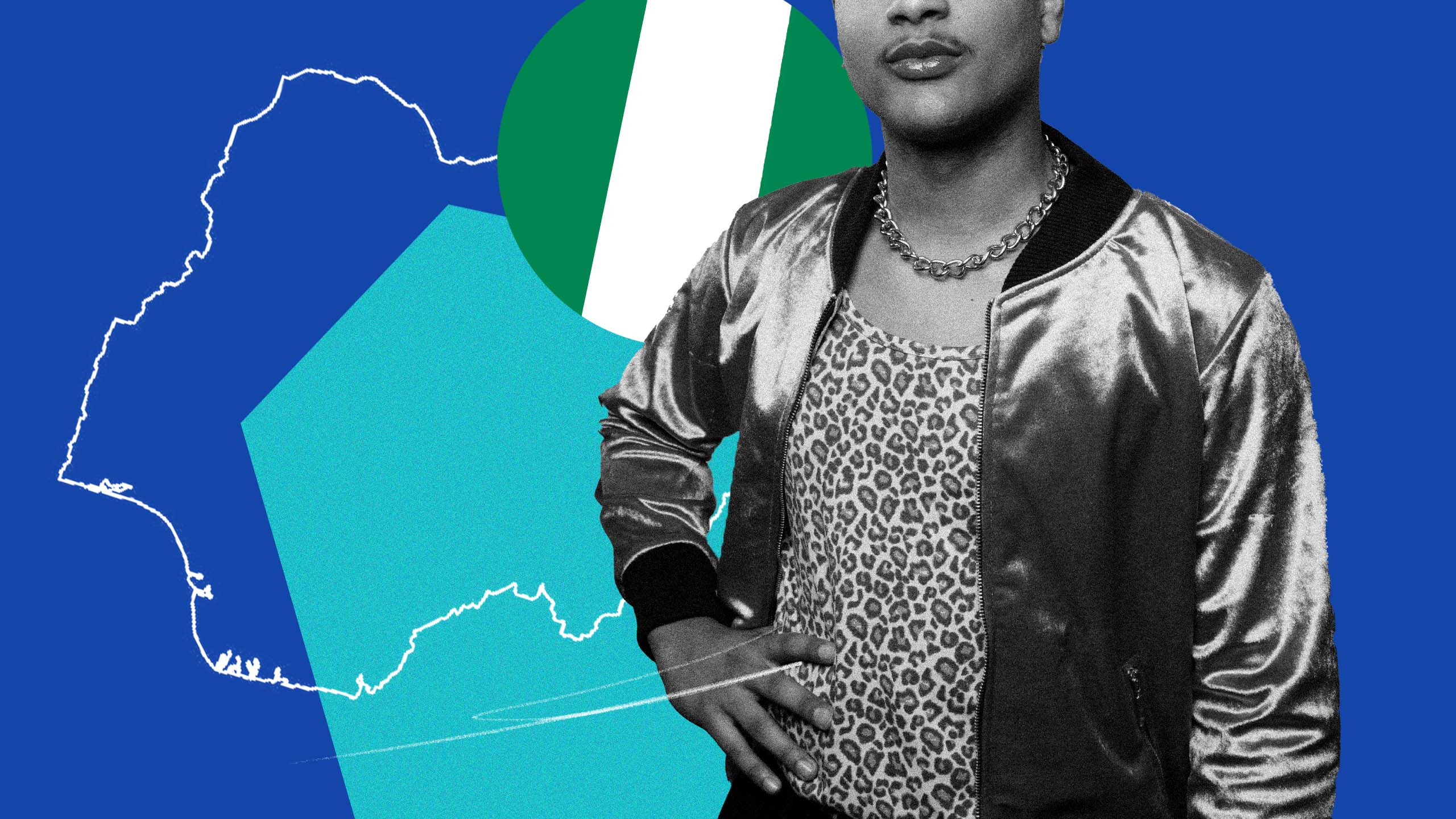Nigeria’s House of Representatives proposed a bill to criminalize crossdressing within the country in April. The bill, sponsored by Umar Muda Lawal, a member of Nigeria’s House of Representatives, representing Toro federal constituency, Bauchi State. The bill was titled “A bill for an act to amend the Same Sex (Prohibition) act 2023 to prohibit crossdressing and other related matters.”
“If you check the history of when lawmakers bring draconian laws like the [same-sex marriage law]) into the parliament, it’s close to an election year,” said Nell Thompson of the Bisi Alimi Foundation, a foundation that advocates for the rights and dignity of LGBTQ+ Nigerians, in an interview with Reuters.
The Same-Sex Prohibition Act, which was signed into law in 2014, criminalizes the existence of queer people living in the country, and bars queer relationships and public displays of same-sex affection. The crossdressing bill seeks to prohibit crossdressing, with a punishment of payment of the sum N 500,000 (USD $1,150) fine or imprisonment of six months.
Laws criminalizing the lives of queer people living in Nigeria have been known to fuel and incite more violence toward the community largely because Nigeria is already a deeply homophobic state. Over the years, queer and trans people continue to live in the fear of being outed, beaten and ostracized from the community. On May 6, 2020, an unidentified crossdresser was reported to have been beaten up and stripped naked in Lagos.
The proposed amendment will make it illegal for people to publicly wear clothes that do not fit the gender assigned to them at birth. With the growing records of legalized violence in the state and how unsafe it is for the LGBTQ+ community, there are those who outwardly express their dismay toward the newly proposed bill because it is going to make them an easier target for the police and law enforcement agencies.
As reported by Reuters, Jay Boogie, a transr Nigerian with a huge following on Instagram, known for sharing sultry videos and pictures of herself, fears that the bill will be used to prey even more on trans people.
“I’m always careful with places I go to … [If the bill passes], there are people that wouldn’t take it lightly. They don’t even want to see us,” she says.
In response to this bill, groups of the LGBTQ+ community took to the streets of Nigeria’s capital city, Abuja, on May 1. Speaking to VOA News, Kayode Ani, chair at the Queer Union for Economic and Social Transformation (QUEST9ja), a coalition of radical Nigerians fighting to end economic and social oppression of queer people in Nigeria, explains the dangers of this bill.
“What laws like this do is that they basically encourage people to take violence into their own hands, just as we had after the SSMPA was passed—individuals forming vigilantes and going into people’s homes because they suspect that they’re queer, beat them, murder them.”
Sharing her experience of violence with VOA News, Empress Cookie, a Nigerian trans woman, reveals that she has been subjected to a number of horrible incidents, one including a mob in Abuja two years ago.
“They started stripping me naked, and they were, like, ‘See you’re even wearing a female’s pants.’ I was emotionally traumatized. I was drained. At a point, I was like, lifeless,” she said.
Incidents like this are not new in the country. Gay people have been relegated to living in the margins for many years, disallowing themselves from any form of public expression or public shows of affection.
Trans people in Nigeria suffer many forms of harassment, physical violence and discrimination, which is owed largely to the grounds of culture, tradition, religion and morality. For a trans person, being outlawed and living within the margins like this hinders all processes of transitioning, be they social or medical.
In his interview with Aljazeera, Tom Kola, a Nigerian trans man, describes how unsafe the process of transitioning is in the country and how he got yelled at by people on the street.
“When I was in Nigeria, I felt hopeless about a happy, healthy future … I knew if I stayed … I would never be able to transition in the ways I desired,” he says.
While the crossdressing bill prohibits crossdressing in both public and private spaces, it allows crossdressing for the sole purpose of stage play or any bona fide entertainment.
Some local trans rights activists believe that the timing of the proposed amendment is a ploy by political parties to cause distraction and win the support of conservative citizens ahead of the 2023 general elections.
Vera Nlewedum, a trans woman living in Nigeria, believes that the bill will make the police more ruthless toward trans and non-binary persons.
“Even though the bill excludes those who crossdress for entertainment, this exception is frail, as it presents a loophole to be exploited by the police and non-state actors. Women can be arbitrarily harassed for putting on items perceived to belong to men and vice versa. Masculine-presenting women, femme-appearing men and non-binary persons are potentially marked as offenders,” she says.
The draft bill will undergo several readings in the parliament and will be debated before it is passed and forwarded to President Muhammadu Buhari for approval. In the meantime, LGBTQ+ Nigerians sit tight in face of the upcoming bill and continue to oppose the bill through protest and online efforts.


 Why you can trust Xtra
Why you can trust Xtra


